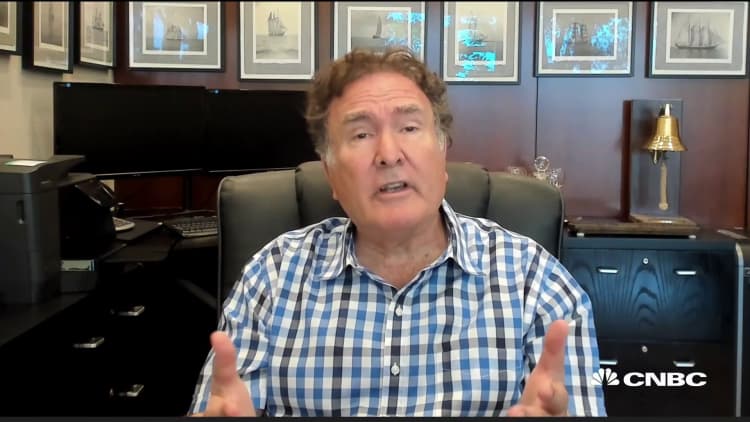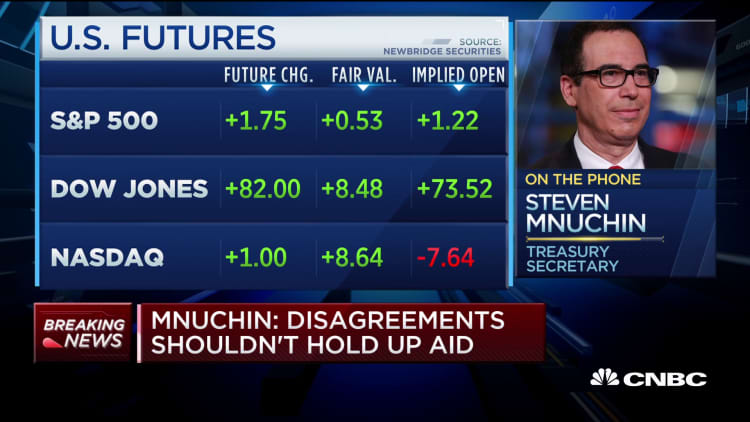The number of global Covid-19 cases surpassed 20 million Monday, the day after the United States topped five million cases. The Dow and S&P 500 climbed higher Monday after President Donald Trump issued four executive orders aimed at expanding coronavirus relief for Americans over the weekend. The president took action after congressional negotiations ground to a halt last week, but Treasury Secretary Steven Mnuchin said Monday the White House is open to resuming negotiations with Democrats and putting more money on the table.
Here are some of the biggest developments on Monday:
The following data was compiled by Johns Hopkins University:
- Global cases: More than 20 million
- Global deaths: At least 734,803
- Countries with the most cases: United States (more than 5 million); Brazil (more than 3 million); India (more than 2.2 million); Russia (at least 890,799) and South Africa (at least 563,598)



